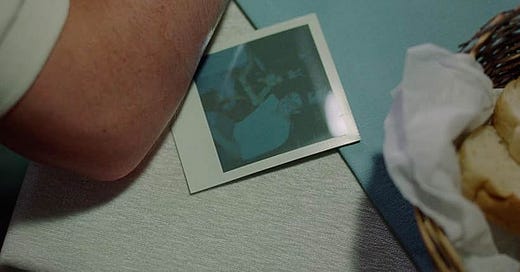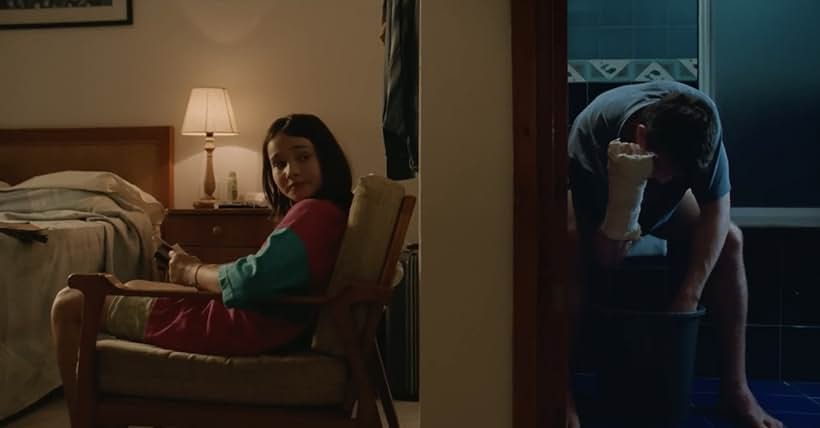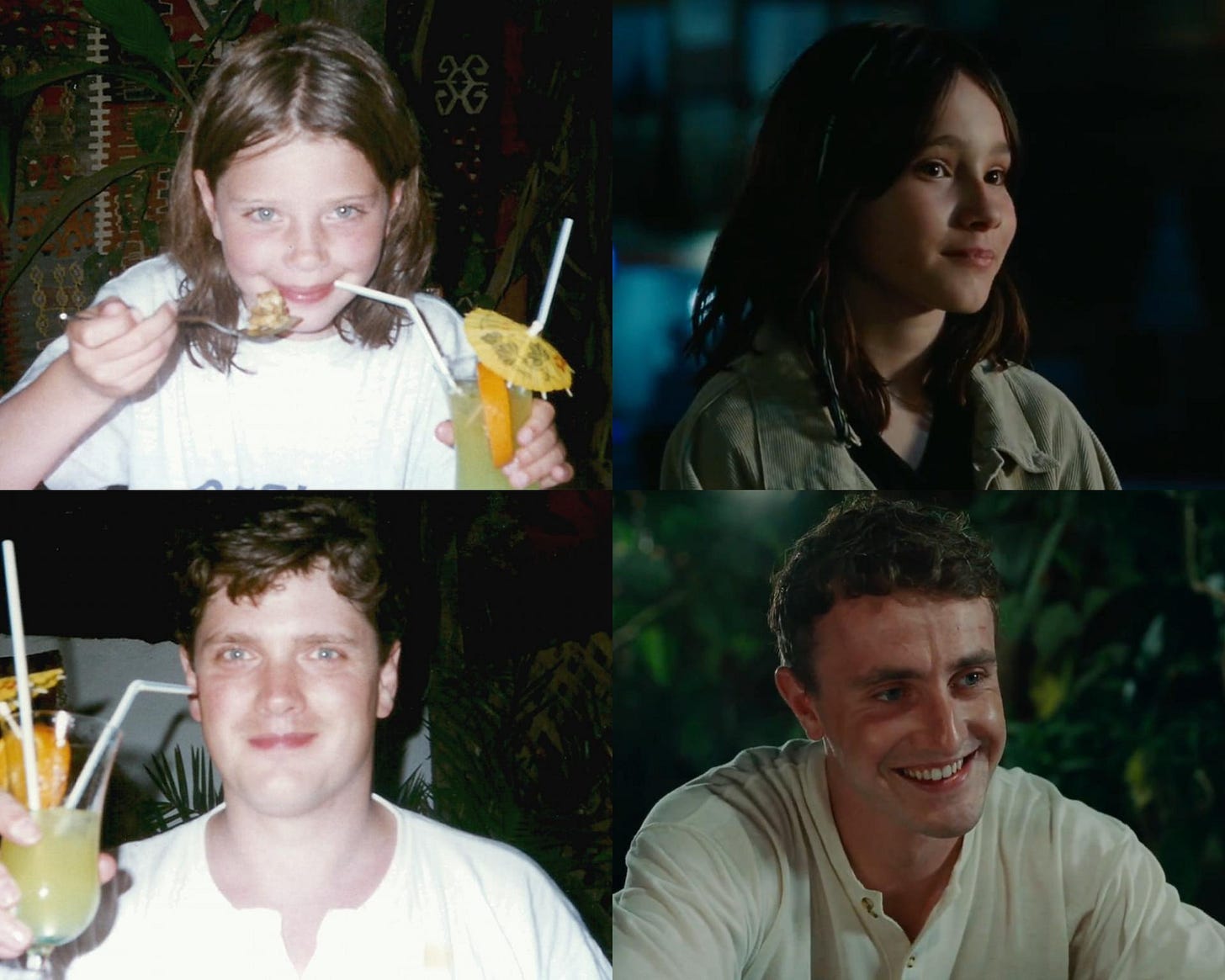I have spent countless hours thinking about this film after watching it for the first time earlier this year, and no part of me ever wants to watch it again.
I was drawn to this film for a number of reasons. ‘Aftersun’, Charlotte Wells’ directorial debut, came out in 2022, displaying a charming, soul-crushing father and daughter on their final holiday together, tainted by what happens after it. As a Paul Mescal fan, I was heavily inclined to watch it purely for him, not knowing anything about this story, but stayed due to the heartbreak I felt and the interesting directorial choices made to present such an emotional story. A close friend of mine watched this before I did and described it to me as ‘everything and more’, and I must agree.
The narrative is constructed through Sophie’s (Frankie Corio) eyes as she mans a camcorder for a lot of the film, Well’s using varying textures of old and new cameras to alternate between a past and present outlook on her relationship with her father Calum (Paul Mescal). Whilst Sophie is reflecting on her past as an adult, simultaneously so are we. Through the motif of old footage filmed by her and the solitary shots of Calum, we get two completely different stories, despite it being the same characters and the same setting. We are overwhelmed with ambiguity. How should we feel about Calum? We never get given a definitive answer.
I can’t express enough how well Paul Mescal plays a sad character. Calum is extremely self-destructive in his solitude; he buys a rug he knows he can’t afford, takes his own arm cast off, over-drinks and stands on the railing of a balcony, with little care whether he falls off to his harm or not. Yet this entirely juxtaposes the playful, kind side of him we see when he is with Sophie. Mescal creates a sense that when Calum is in his own head, it’s torture, which is haunting next to Sophie’s childlike hopes and sentiments.
And we must give Frankie Corio her flowers. One of the things that stands out to me the most about ‘Aftersun’ is the journey the film takes you on through the beginning of her loss of Sophie’s childish naivety, which I think is cleverly done alongside the dramatic irony of knowing her dad isn’t present in her life as an adult. She experiments with kissing a boy, she hangs out with teenagers twice her age, she overhears inappropriate adult gossip, she is subjected to watching physical manifestations of love and comparing it to her parent’s lack of relationship, all of this is showing that she is discovering and considering things that no child should this quickly. She is already beginning a transformation, before the conclusion of this holiday, which could make the absence of her father even more painful.
Charlotte Well’s does something so beautifully metaphorical to conclude the film. After waving goodbye to Sophie at the airport as she is about to return home to her mother, he walks slowly down a corridor, isolated, into a room of wild flashing lights, which we also see in the ‘under pressure’ scene in small fragments, depicting an adult Sophie desperately trying to hold on her to father. It is incredibly enigmatic, and is connoting that he is going into something (whether that be the end of his life or a new, deeper mental health spiral) which isn’t good for him nor Sophie. Whether this is the last time Sophie ever sees him physically or in this mental position, it evokes so many questions for the audience. What happened? What happened to his relationship with Sophie? How did he die? How was his mental health after this holiday? How is Sophie’s mental health now?
And how healthy is it to live in the past?
This film is beautiful, exhausting, and raw, reminiscent of the cheap Turkish holiday I also once took with my dad, and how transformative it was for us in a both positive and negative way. This movie speaks to the women who still have a little girl inside them with questions that can’t be answered, and to the women who had to grow up far too quickly - Charlotte Wells included. When I discovered that this film was based on a true story, it resonated with me even more deeply. I’ve never felt more seen on screen.
I’ll never watch ‘Aftersun’ again, it’s true. There is no way I could be convinced. I find it far too painful. But I will always hold this film close, and think about it every single day of my life.







